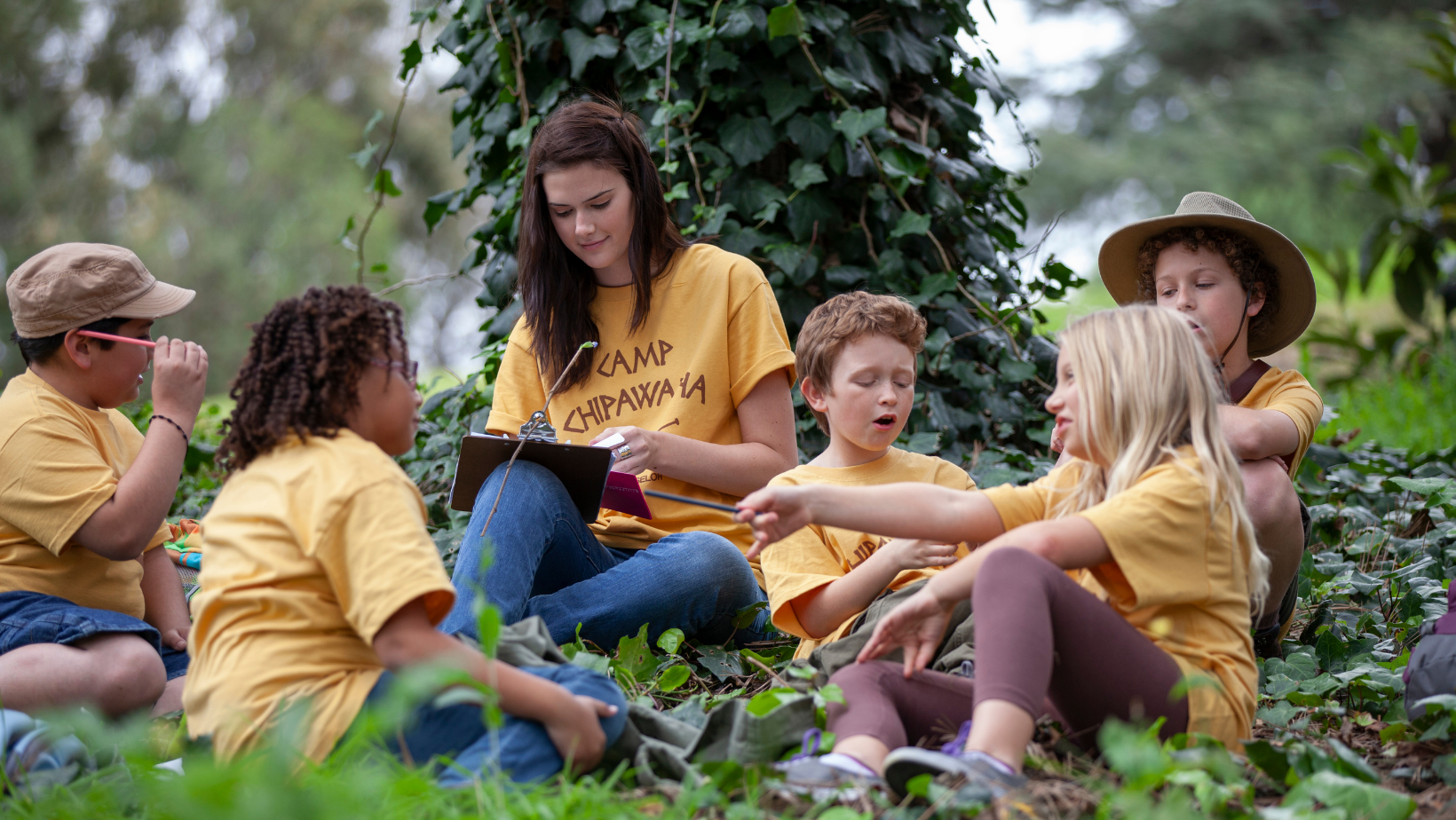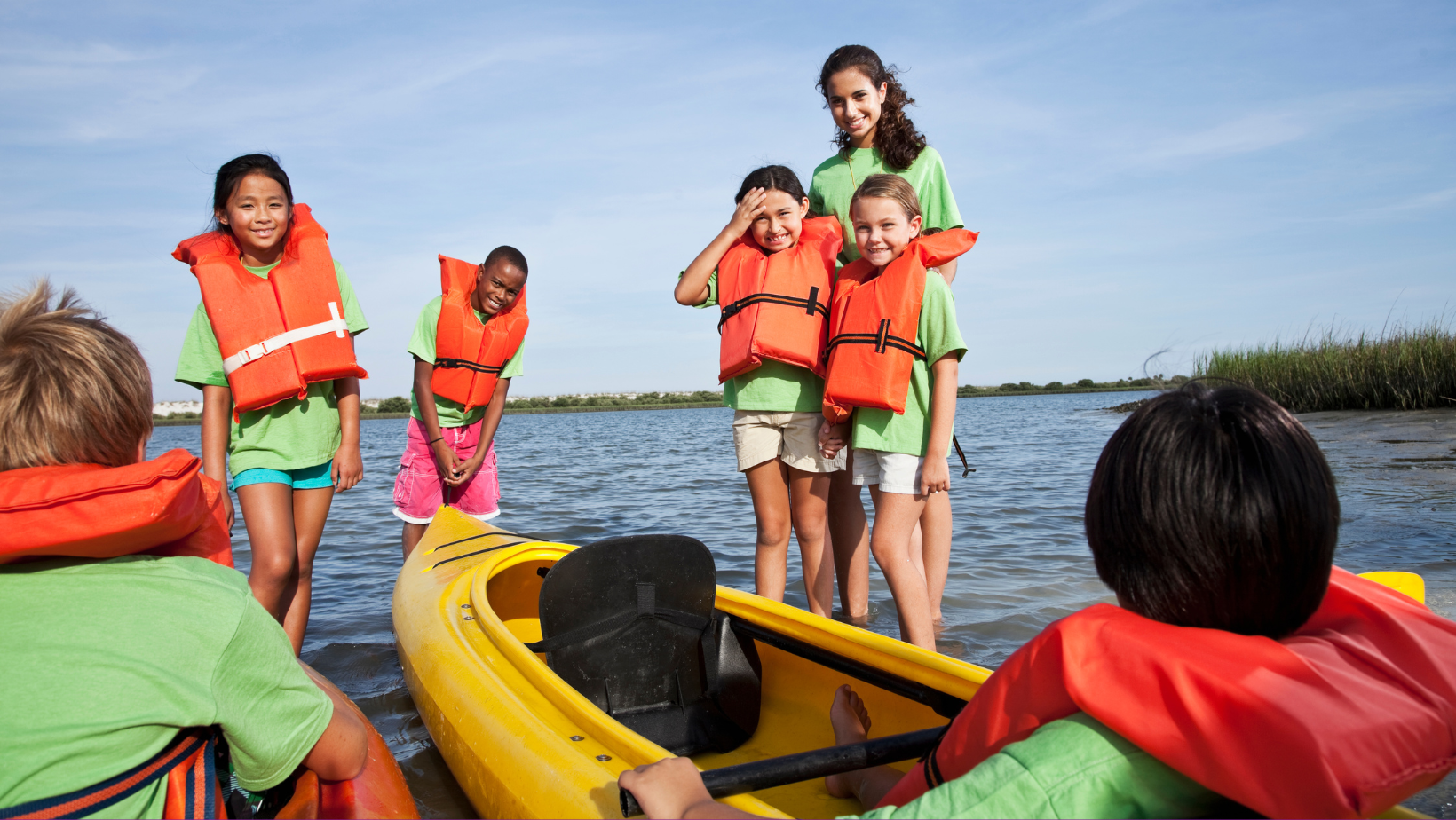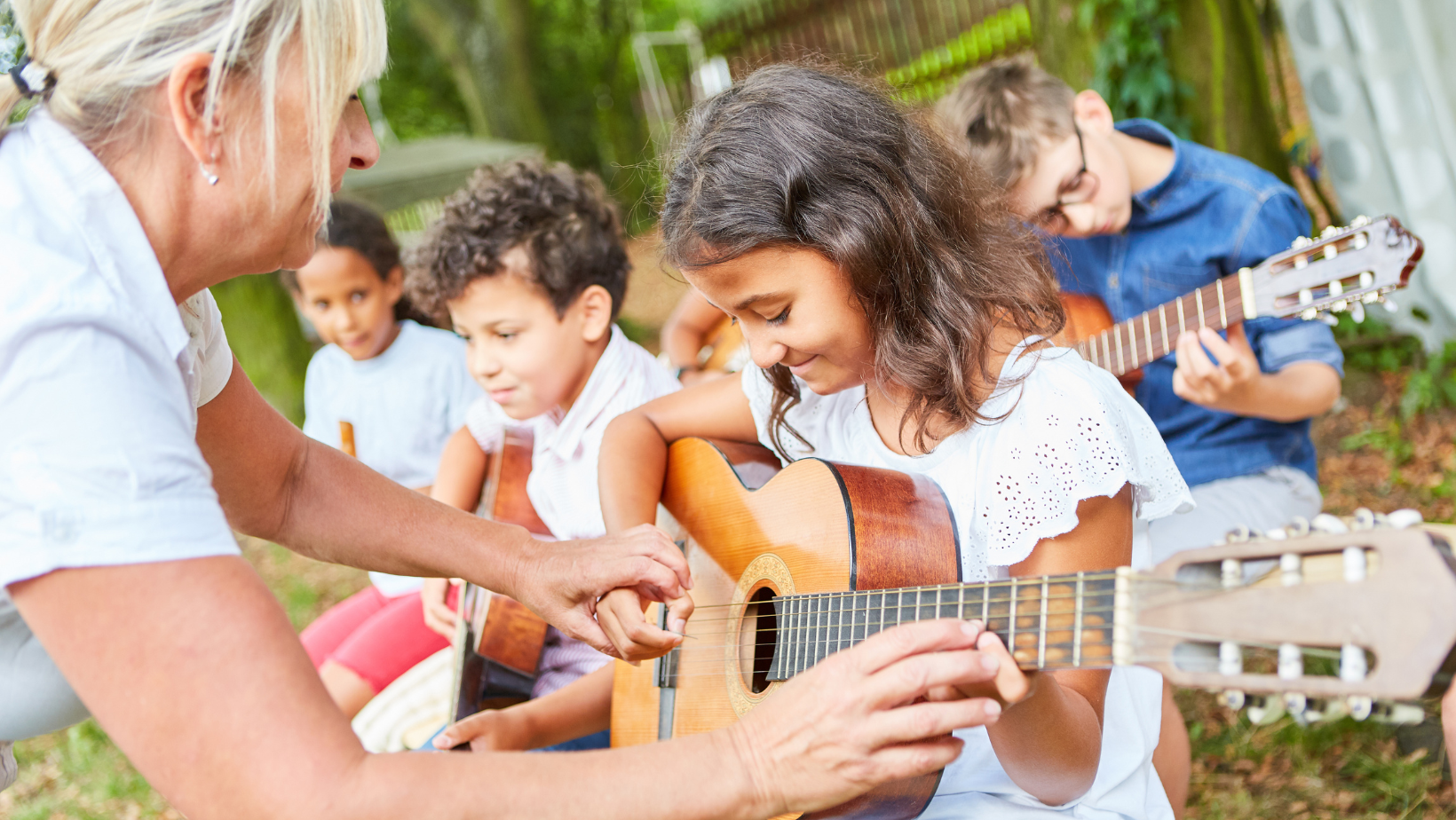Are Day Camps and Sleepover Summer Camps Safe? What Every Parent Should Know About Changing Regulations—and Lingering Gaps

I’ll be honest—I was that parent many years ago.
The one smiling at drop-off but gripping the steering wheel afterward, stomach in knots. Hoping my child would have a great time... but terrified about what I couldn’t see.
Because here’s the thing: summer camp isn’t just arts and crafts and popsicles. It’s a place where you’re trusting strangers, often very young ones, with your child. And that trust doesn’t come easy.
Especially when you know what I know.
There’s been a rise in youth perpetrators. Many camps are staffed with teen and college-aged counselors who may not have the maturity, training, or supervision to truly protect kids. And too often, camps either don’t have solid child abuse prevention protocols, or they have them on paper, but don’t actually enforce them.
It made me feel like the “paranoid” mom. But I’ve learned to lean into that instinct. Because the truth is, I don’t trust camps by default.
Not even day camps.
Not until I’ve met the staff, reviewed the policies, and made sure they’re more than just a checkbox.
And as for sleepaway camps? Hard pass (for me). That level of separation, with so little oversight from parents, is just not something I’m comfortable with. Unless I've conducted thorough due diligence, I'm skeptical.
If you’ve ever felt the same, or even just wondered what’s really happening behind the scenes at camp, this post is for you.
Behind the Bonfires: What the Data Really Says
A 2018 CBS News investigation revealed that hundreds of children have allegedly been sexually abused at camps, with at least 578 reported victims, and experts believe that’s only a fraction because not all campers report. Since 2018, camps across North America have been updating their safety regulations, but these updates are not enough for parents to simply drop their shoulders and blindly trust camps.
Some of the most shocking facts:
- No federal regulation in the U.S. Every state does its own thing.
- 8 states don’t license overnight camps.
- 18 states don’t require background checks for camp staff.
- And over 20,000 international counselors arrive every year, often without thorough screening.
Whether it’s a day camp around the corner or an overnight camp in the woods, the safety net parents assume is there might be more illusion than reality.
What’s Actually Changed Since 2018?
While the oversight remains a patchwork, there have been some big strides in the right direction:
🛑 The American Camp Association (ACA)
In 2019, the ACA made several safety standards mandatory, like requiring contact with local emergency officials and stricter medication protocols. Good moves, but even ACA-accredited camps have had major safety failures. Accreditation doesn’t guarantee real-world protection.
🛑 Scouting America (formerly Boy Scouts of America)
They rolled out new national rules as of January 2025. These include:
- Mandatory youth protection training for all staff
- Background checks for staff and volunteers
- Strict bans on one-on-one adult-youth interactions
- Mandatory abuse reporting
- Regular audits and continuous improvement plans
It’s the kind of overhaul every camp should be doing. Yet, these are still just rules on paper. Let’s keep an eye on whether they get implemented and enforced.
🛑 States Are Starting to Step Up
Connecticut now requires fingerprinting, abuse registry checks, and sex offender screenings for anyone 18 or older working in camps. These screenings must be redone every five years.
But what about youth counselors? How are camps in Connecticut making sure their 18 and under staff and volunteers being safe?
🛑 Local Governments Are Innovating
Los Angeles County passed two ordinances in 2022 focused on CPR training, background checks, proper staffing ratios, and water safety standards. Especially relevant for day camps with pools or aquatic activities.
🛑 And Up North, Ontario Is Leading
Canada’s Ontario province rolled out unified camp regulations in 2018 that cover everything from emergency plans to food safety to mandatory supervision for young campers. It’s one of the more proactive, comprehensive approaches we’ve seen.
Paper Policies ≠ Real Protection
Even the best-looking protocols mean nothing if they’re not actually enforced.
One case detailed by CBS involved a staff member, Matthew Beauvais, who passed all checks and still managed to abuse a child. He got probation and only went to jail after breaking its terms. It’s infuriating. And it shows how surface-level oversight doesn’t cut it.
Real safety comes from culture, not checklists.
Johns Hopkins University researchers echo this. Their report identifies eight core practices every youth-serving organization should have.
And spoiler alert: it goes way beyond background checks.
They recommend:
- Prioritizing child wellbeing in every decision
- Training as a central pillar (not just a one-time video)
- Close monitoring of adult-child interactions
- Strong partnerships with parents
- Organization-specific risk assessments
- Accountability systems that actually work
- Addressing problematic youth behavior proactively
- Hiring and HR practices that reinforce safety at every level
So What Can Parents Do?
You’re not helpless. And you’re definitely not overreacting by asking any of the following questions.
In fact, asking the “hard” questions is one of the best things you can do.
Here’s a short list of what to ask:
- How do you screen and train your staff? (Inquire about background check procedures for all staff, including international workers)
- What specific abuse prevention protocols are in place? (Ask specific questions about staff training and supervision practices.)
- Are staff ever alone with kids? (What are their policies for one-on-one situations?)
- What happens if there’s a safety concern or report? (Request information about how the camp handles and investigates safety concerns.)
- How can my camper contact me if they feel unsafe? (Particularly important for overnight camps) What are their tech policies for phones or other tech? (And not just for campers but also for counselors)
- How is behavior among youth monitored and addressed? (What are the policies for bathrooms, change rooms for water sports, if a child has an accident, etc?)
Additionally, maintain open communication with your children about their camp experiences. Ask open-ended questions that go deeper than ‘how was your day’. And if you feel something is off (or even if you don’t), be prepared to make unannounced visits when possible.
And don’t underestimate your gut. If something feels off, it’s worth investigating further.

The Path Forward: Not Just Safer, but Smarter
Experts are calling for things like national safety standards (instead of this state-by-state mess).
They’re asking for tech to help track staff history across multiple camps.
And they’re asking for trauma-informed training for handling abuse and prevention (because so many don’t have basic info about what’s age-appropriate behavior that shouldn’t be chalked up to curiosity).
Safety requires deeper collaboration between parents, camps, and child protection experts.
Camps should be a fun and magical experience. Kids should come home with sun-kissed cheeks and stories about archery, not trauma.
Bottom Line?
We’ve come a long way since 2018. But we’re not there yet.
As a parent, your job isn't to blindly trust. It’s to be the kind of proactive parent who protects your child. And to find camps that aren’t just safe on paper, but safe in practice, every single day.
This isn’t about fear. It’s about awareness. And when we know better, we do better.
Here’s to trusting your gut, asking the tough questions, and sending your kid into summer with confidence, not crossed fingers.
And if you’re feeling overwhelmed by all the safety questions you should be asking camps, you're not alone. Fifty-seven percent (57%) of parents share your concerns about potential abuse at summer camp.
That's exactly why I created our Summer Camp + School Safety Bundle with experts Kimberly King and Rahel Bayar.
Instead of piecing together advice from random sources, you'll get comprehensive training on camp selection, the specific questions that matter most, and how to prepare your child with essential body safety skills.
And with two exclusive live Q&A sessions included (June 8th & July 13th), you'll have ongoing expert support throughout the process. If you can’t make those live sessions, you can submit your questions ahead so we can answer them during the live, and you’ll get the replays to watch at your convenience.
Check out all the details here!









